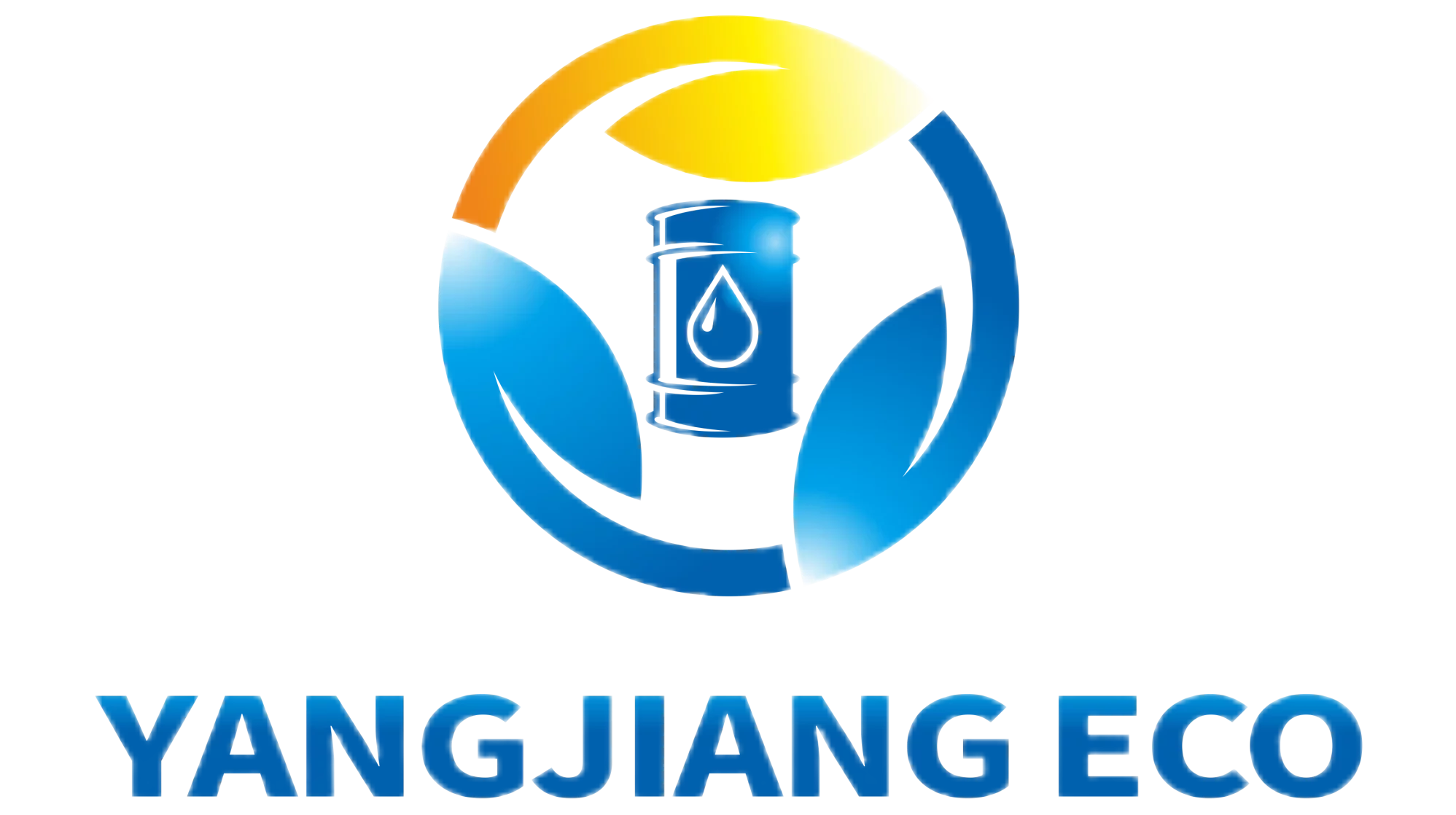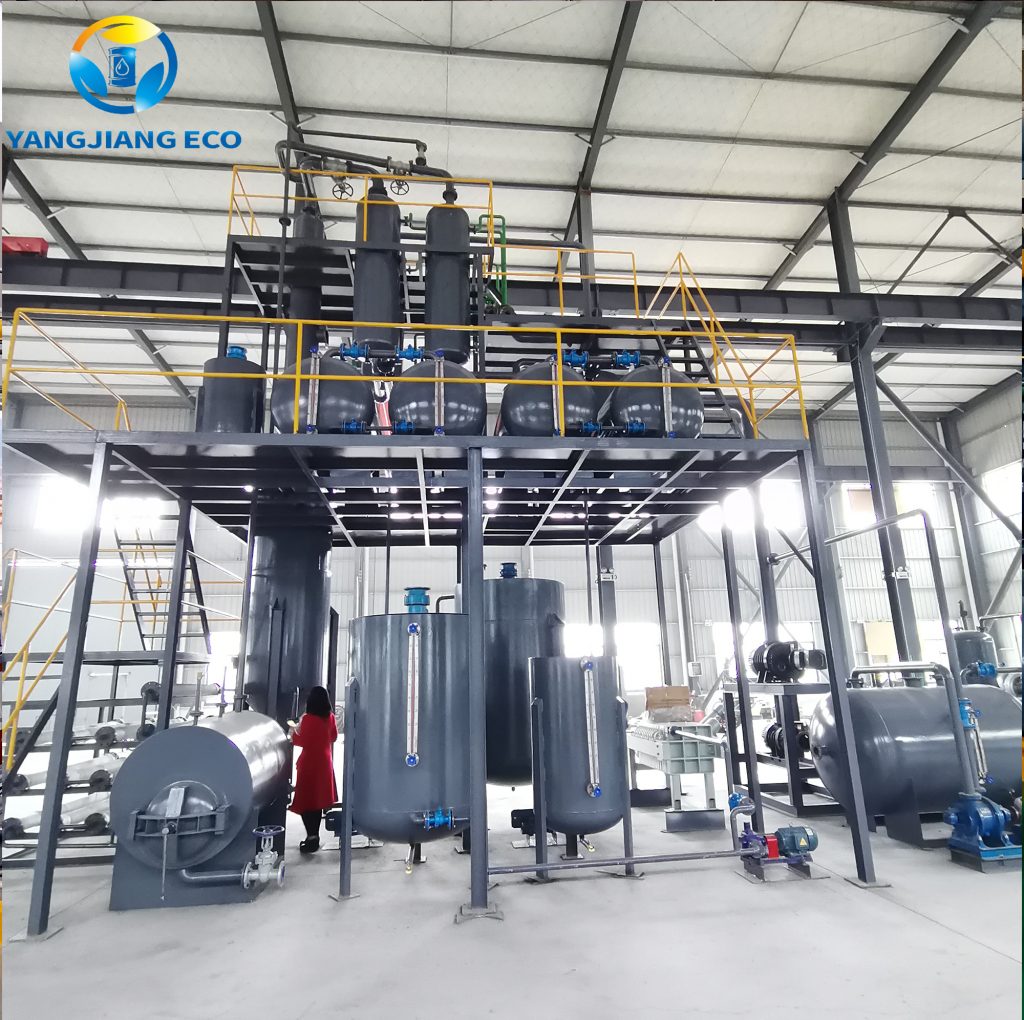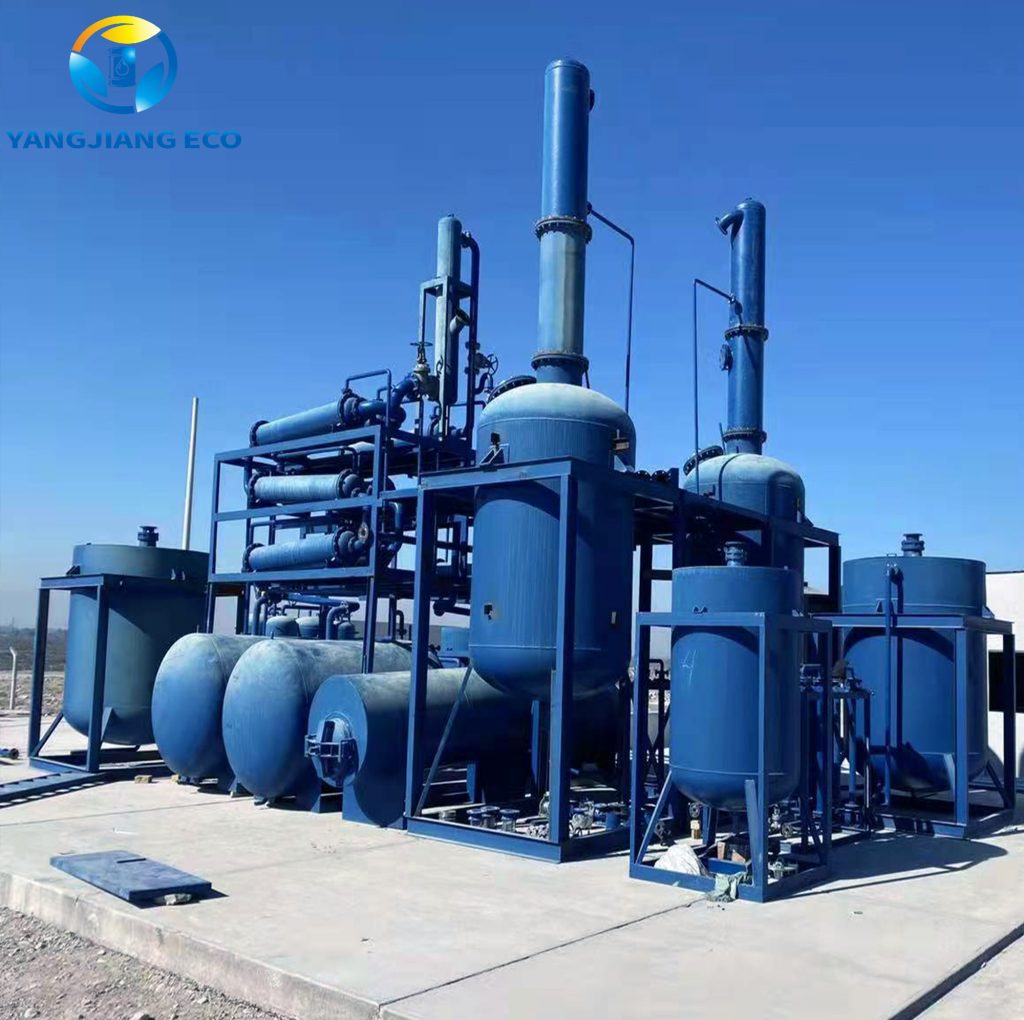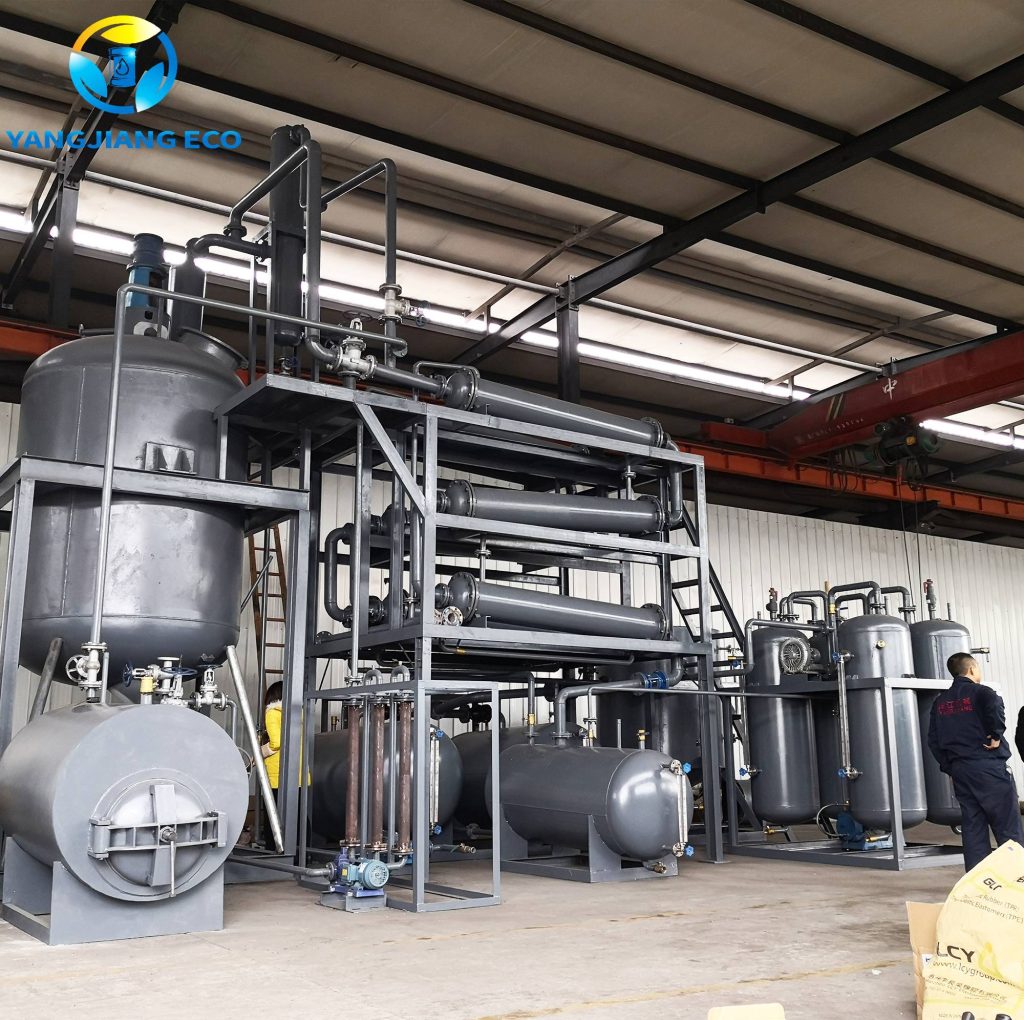With the world focusing on being eco-friendly and using resources more wisely, starting a business that turns used oil into diesel fuel is an exciting opportunity. There is both an environmental benefit to be had, since you would be recycling waste oils, and an economic advantage, since there is a growing market for alternative fuel sources. This guide covers all the basics you need to know to take this business start-up step.
Why Start a Used Oil to Diesel Business?

There are many reasons why turning used oil into diesel is a promising business opportunity. To start, it solves a major problem for the environment. Oil that isn’t disposed of properly can be a huge contaminant to oil, water, and air. This used oil recycling process helps the ecosystem, which in turn helps humans as well. You will be saving the environment while reaping the benefits of a circular economy.
Financially speaking, the business looks very promising as well. Transportation, agriculture, and manufacturing all use up a lot of diesel. Furthermore, with traditional fossil fuels getting scarcer by the day, concerns regarding energy security are rising. This gives recycled diesel the upper hand in the market. In addition, governments want to shift towards sustainable energy and are willing to pay a lot in subsidies, tax incentives, and even tax breaks, giving your business a serious edge.
Understanding the Used Oil Distillation Process
Turning used oil into diesel fuel involves a specialized procedure known as distillation. This section breaks down what used oil distillation is and how a typical waste oil distillation plant operates.
What Is Used Oil Distillation?
Used oil distillation is a process of refining dirty oil into clean oil for use in diesel engines. This used oil includes engine oil, hydraulic oil, or transmission fluid. By heating the used oil to a certain temperature, dirt and other unwanted substances are separated. The heated oil is then distilled to remove valuable components, which results in burning cleaner diesel.
Distillation is more effective than other methods, like filtration, because it purifies used oil on a molecular level. Filtration only removes solid particles without thoroughly refining the oil, and is not suitable for producing high-quality fuel.
How Does a Waste Oil Distillation Plant Work?

A regular waste oil distillation plant has a particular sequence of operations and procedures to enhance productivity and guarantee safety:
- Before the distillation process, waste oil must be purged of its water content and solid impurities such as sludge and metallic particles.
- The next step is heating the oil in a distillation reactor to a particular temperature. During this stage, lighter fractions evaporate, leaving heavier residues behind.
- The vapors undergo cooling in a condenser, where the vapors are reconverted to liquids. The product obtained at this stage is termed the basic diesel fraction.
- After the fraction is obtained, further treatments such as catalytic refining, decolorization, or even vacuum distillation can be done to enhance the stability, color, and the diesel product further.
- The purified diesel is then stored in tanks from where it can be readily accessed for use or sale.
This system focuses on making a profit as well as preserving the environment. It enables firms to transform waste into a resource, all while obeying eco-friendly regulations.
Steps to Start A Used Oil to Diesel Business
Launching a successful used oil to diesel business involves careful planning, regulatory compliance, and efficient operations. Here’s a step-by-step guide to help you get started:
1. Analyze The Market For Recycled Diesel And Create A Business Plan
Look into the market demand for recycled diesel in your area. Figure out who your customers are, for example, are they transportation companies, construction businesses, or industrial plants? Analyze the competition as well. With all this information, you can create a solid business plan with the following:
- Starting and operational expenses
- Earning estimations
- Plans to acquire used oil
- Plant location and logistics
- Marketing and sales policies
Having a well-prepared business plan is important for getting investors or loans.
2. Know Legal and Regulatory Requirements
To make sure the environment and public health aren’t harmed, the used oil recycling business has high regulations. You will have to:
- Register your business and get the right operating licenses
- Comply with local, state, and federal regulations
- Obey rules about handling hazardous waste and safeguarding fuel
- Obtain air emissions, waste discharge, and fire safety permits
Before starting operations, it is best to talk with environmental experts or regulatory agencies so all rules and regulations are followed.
3. Set Up Your Waste Oil Distillation Plant
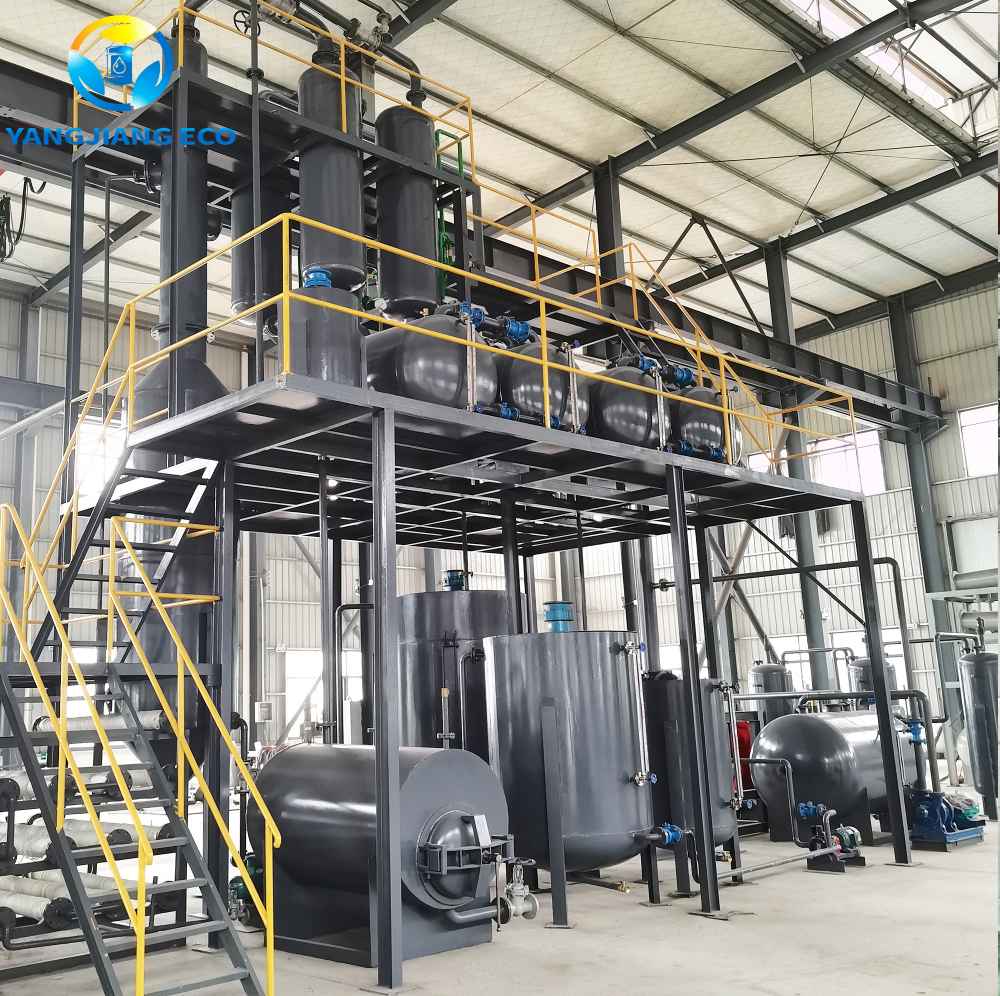
Look for a location that is zoned properly and is suitable for collecting oil and later distributing fuel. After that, spend on necessary equipment, including:
- Units for Oil Filtration and Dehydration
- Distillation Columns or Reactors
- Heat Exchangers and Condensers
- Storage Tanks for Raw Materials and Finished Diesel
- Pollution Control Systems
Additionally, make sure that you have access to the necessary utilities like water, electricity, and waste management. Collaborate with professional engineers to get a safe and optimized plant layout.
4. Implement Operational and Safety Best Practices
Develop standard operating procedures (SOPs) for consistent, efficient production and safety in the workplace, including:
- Training employees on hazardous materials handling and emergency procedures
- Scheduled equipment inspection and servicing
- Diesel output is subjected to quality control testing
- Fire prevention and spill containment systems
Adherence to best practices protects employees and facilities while simultaneously nurturing trust with clientele and regulators alike.
5. Promote and Distribute Your Recycled Diesel Fuel
Focus your marketing efforts on the economic and environmental advantages to reach your target audience. Suggested strategies include:
- Creating a professional website with relevant SEO-driven content
- Collaboration with agricultural, logistics, or fleet corporations
- Participation in trade shows and other networking activities
- Providing competitive pricing structures or sustainable certification
Advertise your diesel as an affordable and environmentally friendly option compared to conventional fuels.
Is This Business Right for You?

Building a used oil to diesel business requires a considerable investment of time, capital, and effort. There are multifaceted barriers such as intricate regulations, technological problems, and market uncertainties. Nonetheless, for those who are passionate about sustainability and possess knowledge on the energy sector, complemented by sound business judgment, this can turn out to be a very favorable project.
Evaluate your skills, assets, and risk appetite before making any decisions. Consider consulting industry specialists, business mentors, or consultants to help you appreciate the associated difficulties and potential prospects.
To sum up, the used oil to diesel business presents a noteworthy opportunity to create a positive environmental impact while earning substantial profits. Following the information provided in this guide, alongside staying up to date with the industry trends and regulations, would significantly improve your chances of succeeding in this emerging market.
If you would like to find out more details regarding the used oil distillation machine, feel free to visit our other page: YJ-DSL Used Oil to Diesel Oil Distillation Machine.
Recommended Products
